“If I could summarise 2024 for the Israeli tech industry I’d say it’s been a year of Resilience,” said Eze Vidra. “Scaling startups is hard as it is, but Israeli founders had to deal with so much more on top of the regular business challenges and still delivered.”
Remagine Ventures has joined CTech for the first entry in its new 2025 VC Survey. Here, prominent VCs in the Israeli tech ecosystem are asked questions about the last 12 months and what the community can expect in the year ahead.
As the war settles into its second year and American leadership is set to change, many elements may come into play as we enter a new year. That said, there is still optimism in how Israeli startups handled themselves in 2024 and prepared for 2025.
“The impact of new American leadership on the global high-tech industry and economy remains to be fully seen,” he added. “However, a supportive US administration can foster collaboration and open doors for Israeli entrepreneurs in the US market.”
You can read the entire interview below.
Fund ID
Name of fund/funds: Remagine Ventures
Total sum of the fund: $55M
Partners: Eze Vidra, Kevin Baxpehler , Etan Ilfeld
Notable/select portfolio companies (active): Minute Media, Hour One, Munch, Keewano, Playo, Quiiiz, Sneaky Panda
Notable exits: Clay (sold to Kangarootime)
2024 is almost over. How can you summarize it in terms of the Israeli high-tech industry?
If I could summarise 2024 for the Israeli tech industry I’d say it’s been a year of Resilience. Scaling startups is hard as it is, but Israeli founders had to deal with so much more on top of the regular business challenges and still delivered. Israeli startups raised 35% more in the first nine months of 2024 than the equivalent period in 2023 (pre-war) and exits exceeded $13 billion, despite the war.
Looking ahead to 2025 – What challenges and opportunities await the Israeli high-tech sector in the coming year, and how are you, as investors, preparing for them?
My hope is that we’re close to the end of the war (and the return of the hostages) on the geopolitical front and I’m optimistic for Israeli entrepreneurs on the tech front.
This presents opportunities for breakthroughs in areas such as AI, cybersecurity, and climate tech. As investors, our preparation involves:
● Closely monitoring global trends.
● Seeking investments in sectors poised for growth.
● Supporting portfolio companies with strategic guidance.
We’re excited to partner with pre-seed startups at the forefront of applied AI, working on industry-specific niches and adding automation to problems encountered by companies and consumers. There are a lot of broken consumer journeys that we’re excited to tackle with technology across entertainment, education, gaming, health, lifestyle, etc. We think that post-war we’ll see even stronger international investor and corporate interest in Israeli startups.
How will new American leadership affect the global high-tech industry or economy? And where does this place Israel and its entrepreneurs?
The impact of new American leadership on the global high-tech industry and economy remains to be fully seen. However, a supportive US administration can foster collaboration and open doors for Israeli entrepreneurs in the US market. This could lead to increased investment and partnerships, benefiting both countries. I also see Trump’s intention to reduce red tape and bureaucracy and hope it will have a positive impact on the exit options for startups, including more M&A and IPOs.
What are the three most important things the Israeli government should do today to accelerate the high-tech engine in the coming year?
-
Invest in education to unlock future skilled talent – Israeli innovation relies heavily on a robust pipeline of talent. Strong investment in education and talent development initiatives are much needed.
-
Enhancing access to capital: Israel’s high-tech sector thrives when startups have sufficient resources and operational support. For example, initiatives like recent plans by the innovation authority to unlock institutional investment in venture capital.
-
Fostering a supportive regulatory environment, or regulation around AI or the exports of defense tech can have a material impact on company creation and exports.
Are there new sectors you see as relevant? Are there any fields you anticipate will weaken significantly in the coming year?
I believe we’ll see the current trends continue in AI, but companies being created now that are AI first and can be built on a more robust infrastructure will require less capital to get started. Within AI, I’m particularly excited about the potential of AI Agents and vertical AI applications tailored for specific industries. I believe we’ll continue to see Israeli startups excel in cybersecurity, addressing new threat verticals like deepfakes, as well as innovations in defense tech.
Is Israel missing out on the AI revolution in the global arms race? If not, what should the local industry focus on to join the global race?
Israel has one of the largest concentrations of AI talent per capita, based on Stanford’s 2024 State of AI report. However, foundational model companies, with the exception of French company Mistral, have been primarily created in the US and China given the costs associated with training these models in terms of inference, data, and talent.
That being said, Israel will continue to play a strong role in AI, whether it’s on the tooling side (of data pipeline and DevOps) as well as in the application layer, bringing more workflow automation to sectors less disrupted by technology till today.
Could the global IPO drought end in the coming year?
I’m cautiously optimistic that the new administration in the US will remove red tape and we’ll start seeing more IPO activity in 2025. There’s a pecking order, but I’m cautiously optimistic that Israeli startups will also be part of this next wave.
From an investor’s perspective: will the coming year be better for early-stage startups or more mature companies?
It depends. On the one hand, companies being started now can benefit from stronger infrastructure to build on and less capital needed to bring products to market. More mature companies can also mean companies that have yet to adjust to current market pricing and perhaps that were built on an older tech stack. That being said, competition is also increasing and the large tech companies are leaning in and continuing to innovate, making the competitive pressures greater for new startups.
Did you raise fund money in 2024 for an existing fund or a new one? What are your expectations regarding this matter for 2025?
We did. I cannot divulge specific information yet, but we’ve seen the market warm up a bit more in recent months for a variety of reasons. This is a great time to build and invest at the earliest stages.
How many investments did you make in 2024, and how does it compare to previous years?
We made six new investments in the past year, which is more active than we’ve been in 2023 (three investments). Overall, we’ve seen perhaps a slight decrease in the number of companies we’ve reviewed (perhaps on par with the lower number of new startups that have been created), but the quality of founders we’ve seen has gone up. Founders choosing to start a company in the current market already come with a resilient mindset and we’ve been fortunate to partner with several entrepreneurs who started and sold previous companies as well as first-time founders with strong industry experience.
Provide an example of an intriguing investment you made in 2024. What sets this company apart, or what is distinctive about its sector?
It’s hard to choose only one, and so far all of our investments in 2024 chose to stay in stealth mode for now, but we’ve invested in Keewano, together with Andreessen Horowitz. Keewano is a co-pilot for product managers, providing real-time behavioral insights on mobile, starting with gaming and consumer apps. The team is exceptional, two of the co-founders led one of the top-grossing games on the app store, and the other two co-founders scaled and sold two startups previously. It’s a huge market and current solutions are less efficient.
Two notable companies that you think will thrive in 2025:
Company Name: Aigency
Sector + description: AI agents, agent platform for the transactional web.
Investment amount: $1.5M
Founding year: 2024
Reasoning why this is their year: 2025 will be the inflection point where AI agents become useful enough to go mainstream and break out. Aigency is building the most unique agent offering, a strong and experienced team, and is positioned well to take a strong market lead in 2025.
Company Name: Quiiiz
Sector + description: Gaming & Education, play and win Investment amount + total: $3.7M
Founding Year: 2023
Reasoning why this is their year: Quiiiz created a unique experience, reinventing the quiz format across categories.
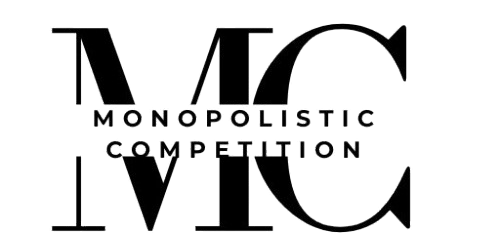

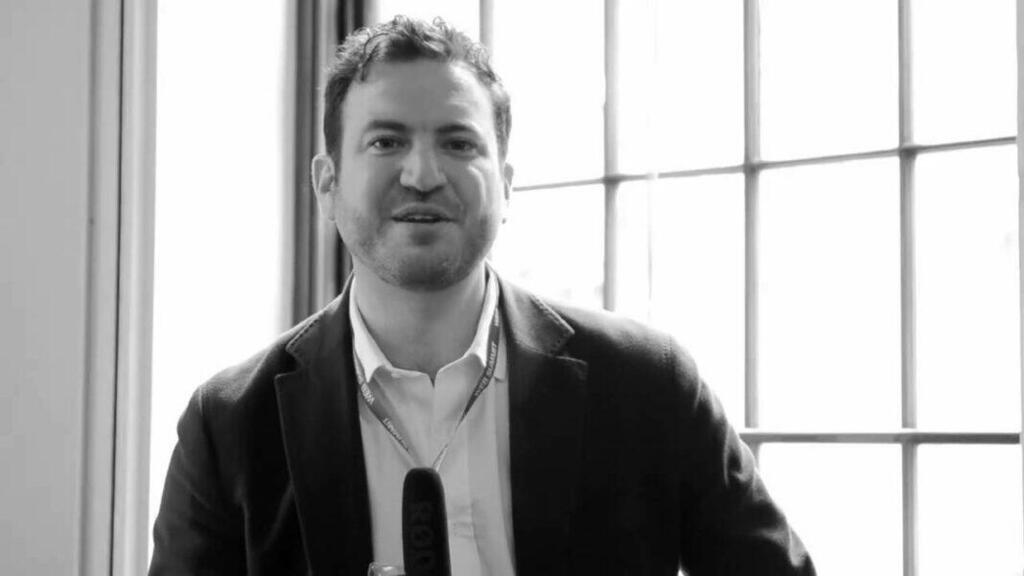
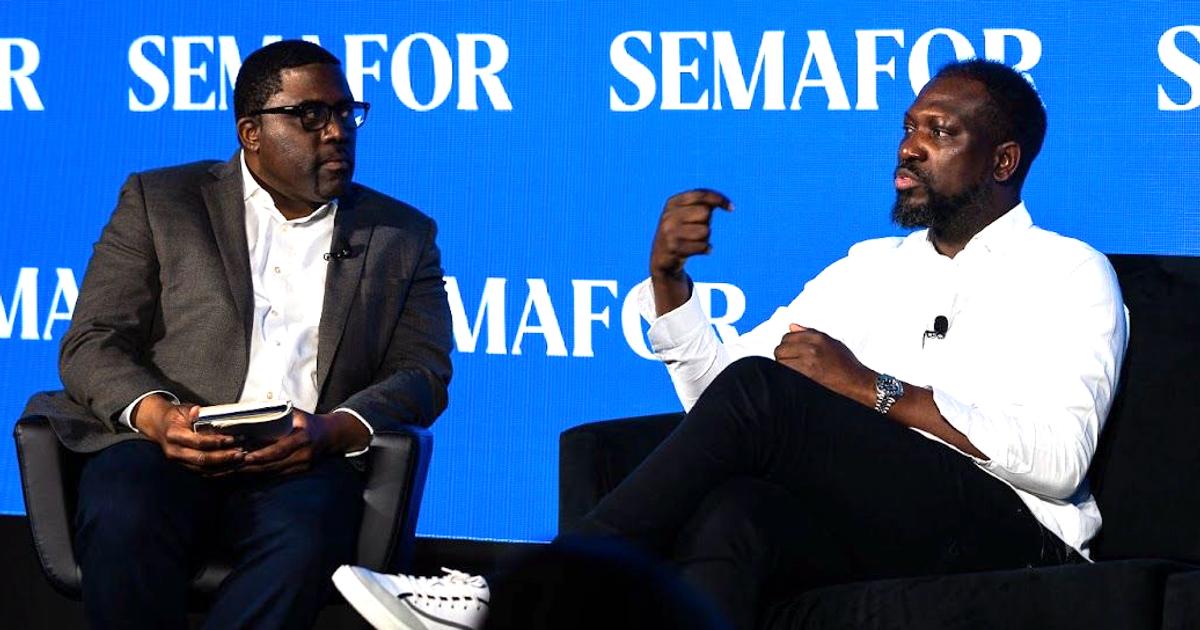
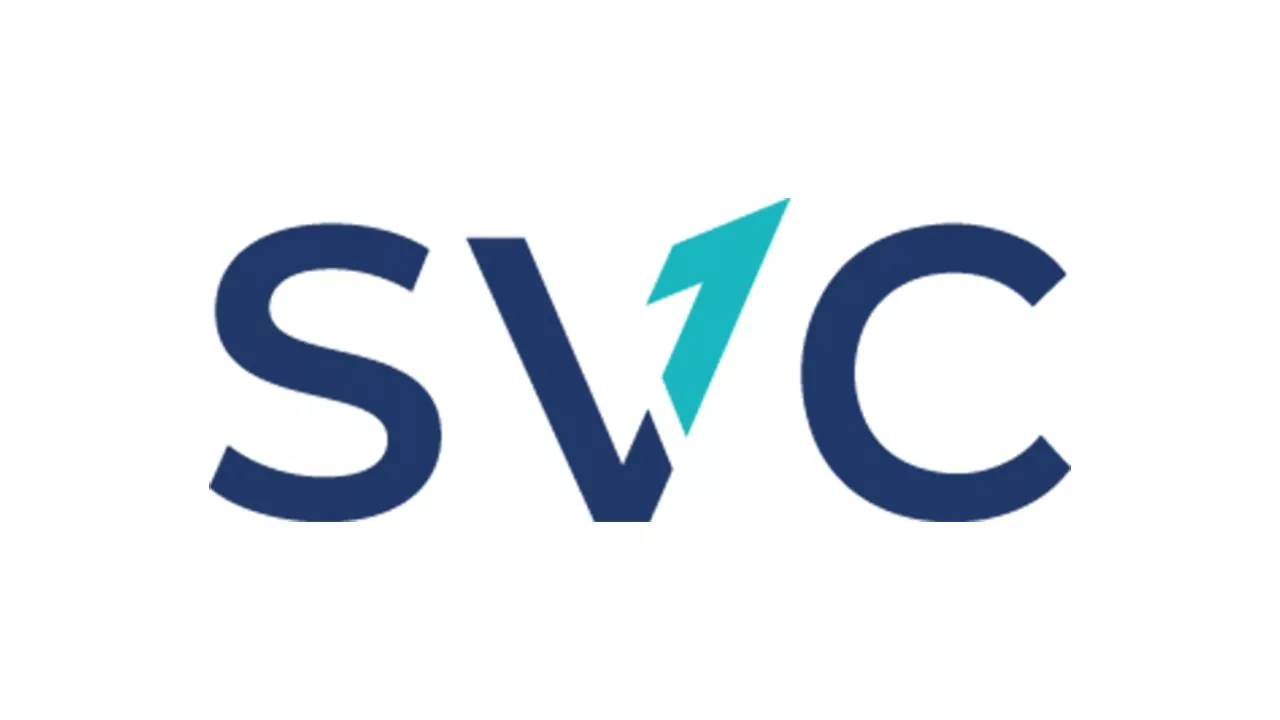






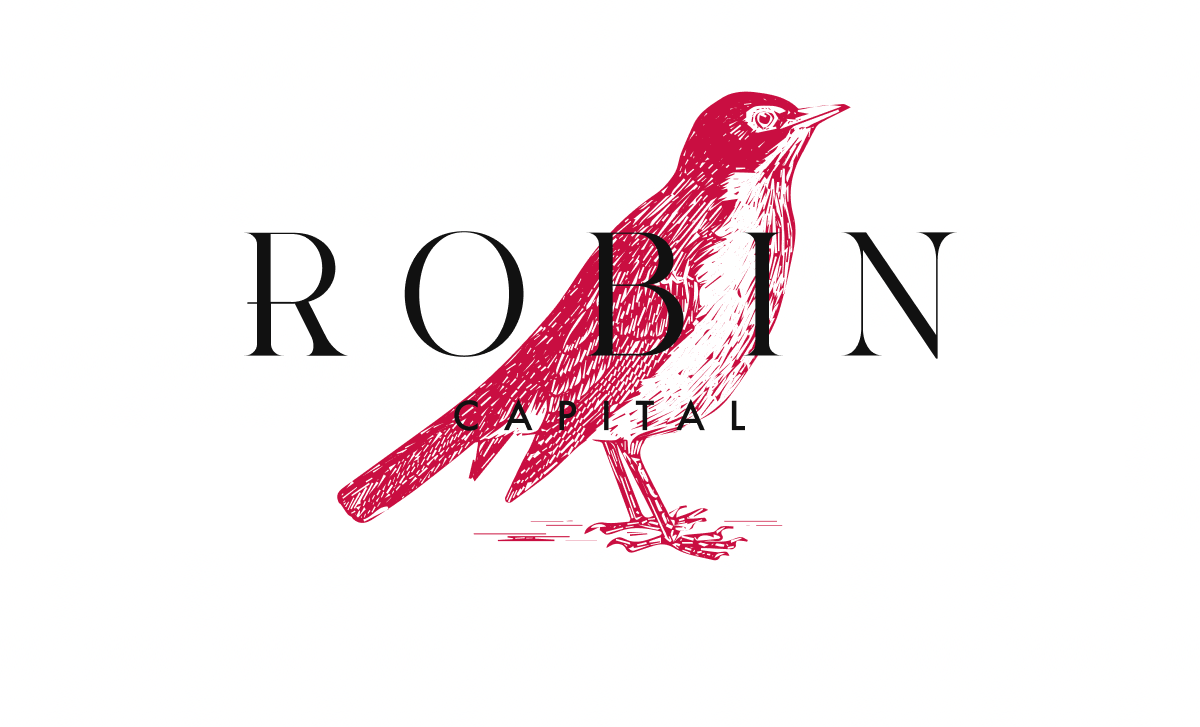

Leave a Reply